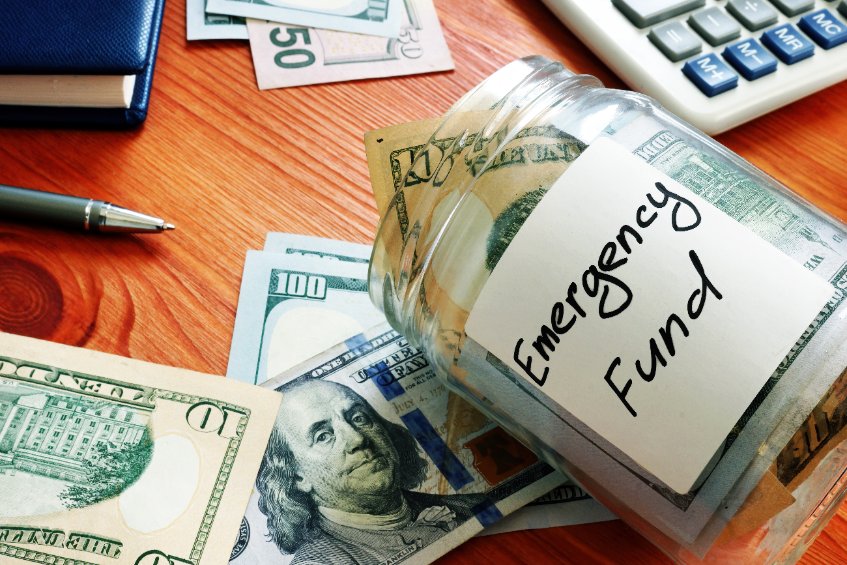
This summer has been a crazy one. We found out in May that my husband would likely get a new job 2,200 miles away from our home, and in June, he signed the contract for the new position. We sold our house, bought a new house, and drove four days across the country to settle in our new area. Thanks to the housing shortage due to the pandemic, we made a nice profit on our old home. Here’s how we used the proceeds from the sale of our house.
About Our Old House
Our old house had almost doubled in value from when we bought it eight years ago. When we listed it, the house sold in three days, and we had six offers, two of them for over asking. The couple we picked also waived their right to an inspection, which saved us money.
About Our New House
Our new house is slightly larger than our old house and cost 8% more than our old house sold for. Unfortunately, the property taxes are three times higher. (Yes, property taxes in Arizona, where we moved from, are affordable.)
We wanted to find a smaller house that cost less than our house in Arizona. However, we only had a week to look for a home in our new area. Unfortunately, many of the places on the market were less than desirable, with moldy tubs and awkward layouts. Or, a few were in highly desirable areas and went well over asking; we had no desire to pay that much.
How We Used the Proceeds from the Sale of Our House
I would have liked to have put all of the proceeds from our house into our new home so we would have a smaller monthly payment, which is especially important in this high-interest rate environment. However, both our financial planner and mortgage broker talked us out of this.
Instead, we used the proceeds from the sale of our house this way:
Seventy percent for a 20% down payment on our new house and to cover closing costs.

Six percent to increase our emergency fund. This allowed us to grow our emergency fund from one month of expenses to 2.5 months.
Four and a half percent for home improvements. While we didn’t pay over asking for this house, we did pay the list price. The house has some issues like mold on the wood window in one of our kids’ bedrooms, which we will need to replace before winter comes. We also need to replace a leaky, cracked sink and a few other items.
Six percent to increase our car replacement fund. We’ll need a new car within the next year or two. (Our current vehicle is 18 years old.) So, we added to this fund.
Two and a half percent to cover moving costs. We had to pay for our hotel rooms and food as we journeyed across the country, as well as other miscellaneous expenses.
The rest is unassigned for now. We’ll see how we need to use the remaining money, whether for college tuition, increasing the emergency fund further, or buying other household needs like a snowblower.
Final Thoughts
We tried to use the proceeds from the sale of our house as responsibly as possible. As a result, we were able to put 20% down on our new house, and we were able to bulk up many budget categories that put us in a more secure financial position.
Read More
3 Lessons I Learned When Looking for a New House
Should You Create Sinking Funds Before You’re Debt Free?
When the More Expensive Option Is the Frugal Choice
Melissa is a writer and virtual assistant. She earned her Master’s from Southern Illinois University, and her Bachelor’s in English from the University of Michigan. When she’s not working, you can find her homeschooling her kids, reading a good book, or cooking. She resides in New York, where she loves the natural beauty of the area.






